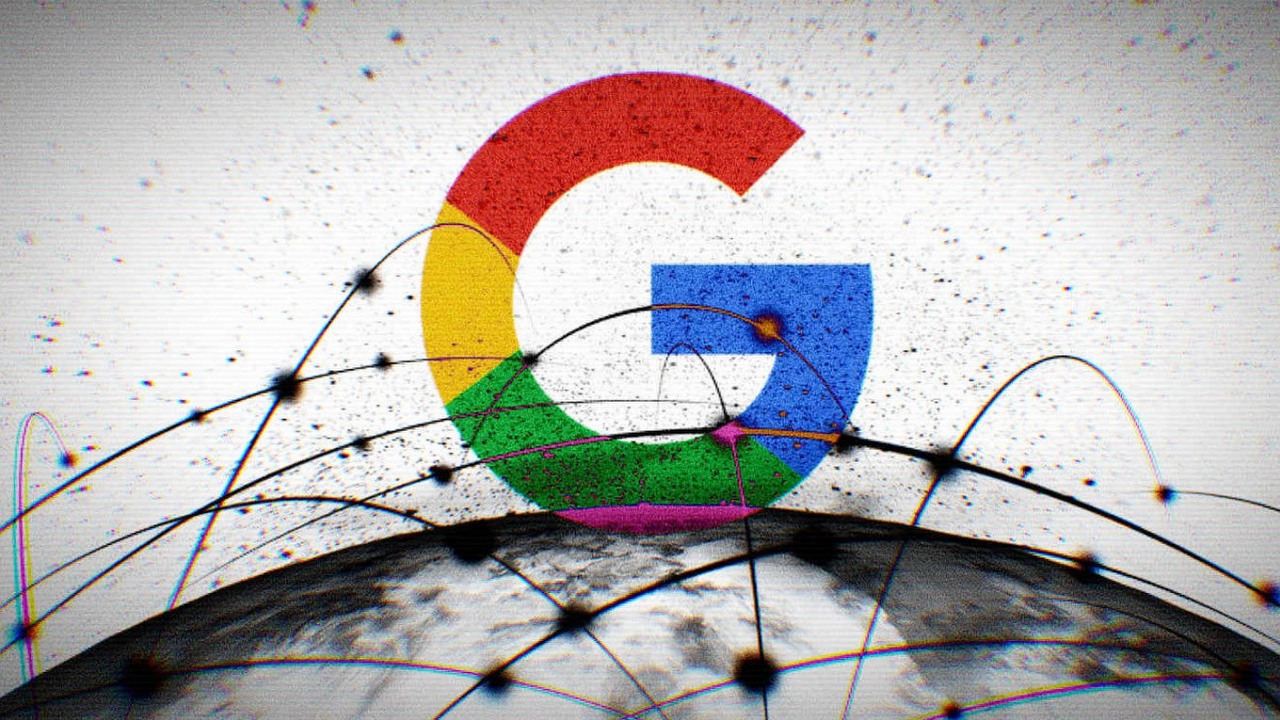Google to Stop Targeting Ads Using Web Browsing History
Google is making big changes to its existing business model. The company has announced that it will stop selling ads that use users' search and browsing history. The existing solutions will be replaced by new data collection techniques that are based on anonymous information covering large groups of Internet users.

In recent years, there has been more and more talk about online privacy and the dangers associated with leaks of sensitive user data. Lawmakers in many countries around the world have begun to seriously address the issue of protecting Internet users. This process accelerated especially after the famous scandals around Facebook. Many companies, such as Apple, started to use the opportunity and build positive PR by offering new options to protect privacy while using the Internet.
Google is getting increasingly engaged in the movement, introducing changes aimed at warming up the image of a scary company that knows everything about the people who use its services. They also preempt possible costly regulations that could be imposed on it in the near future by the EU and the US, which are watching its actions more and more closely.
That's why Google announced today that it is dropping the sale of targeted ads that use an individual's browsing and search history. This is the next step, which according to the company's representatives is supposed to provide internet users with much more comfort and safety in using network resources. Let's add that it's not the only initiative of this kind introduced by the company recently. In January, the corporation also announced that the Chrome browser will stop accepting any cookies, which are designed to track our activity on the Internet and share this information with marketing companies.
Today's announcement will resonate with the advertising industry, as countless entities around the world base their marketing strategies on the current version of the AdSense program, which for many years has been one of Google's primary sources of revenue. The company announces that existing solutions based on the compilation of detailed data of individual users will be replaced by techniques that anonymously group Internet users according to similar interests, not behavior. This means that, theoretically, we will no longer see ads promoting, for example, TV sets just after visiting a website of a consumer electronics store, or washing powder just after searching for the term "washing machine" in Google.
0
Latest News
- End of remote work and 60 hours a week. Demo of Naughty Dog's new game was born amid a crunch atmosphere
- She's the new Lara Croft, but she still lives in fear. Trauma after Perfect Dark changed the actress' approach to the industry
- „A lot has become lost in translation.” Swen Vincke suggests that the scandal surrounding Divinity is a big misunderstanding
- Stuck in development limbo for years, ARK 2 is now planned for 2028
- Few people know about it, but it's an RPG mixing Dark Souls and NieR that has received excellent reviews on Steam, and its first DLC will be released soon

